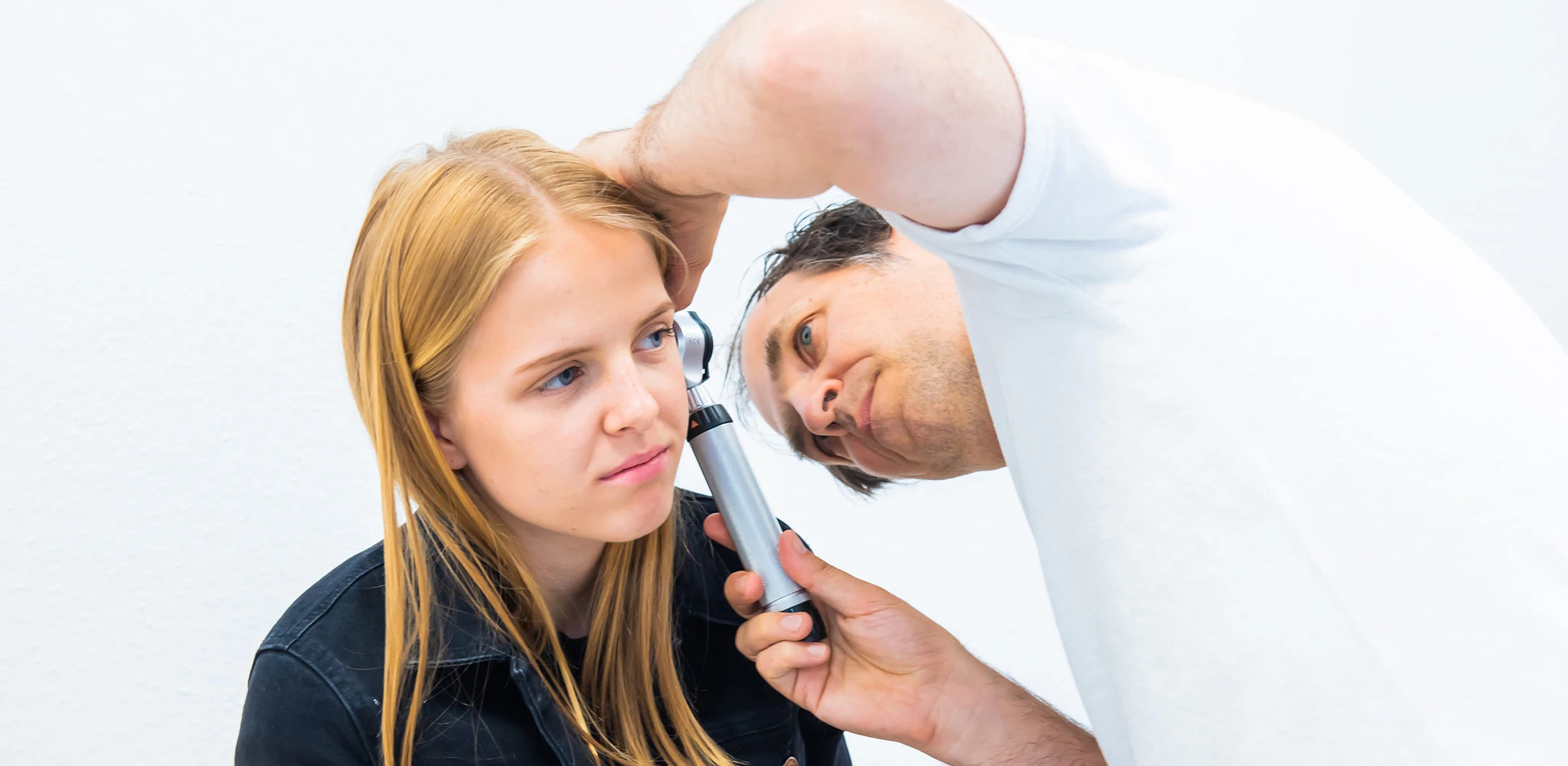What should I do if my child hurts themselves?
A difficult, stressful topic: self-harming behaviour or scratching. The doc gives us the most important facts in a nutshell. For anyone who would like to read more, here is a link to an interview that the child and adolescent psychiatrist Frank Köhnlein gave to the Swiss parents' magazine "Fritz und Fränzi".
The most important facts in brief:
Why do teenagers scratch? There is no general answer, but there are a few main factors that can be identified: very often, young people feel a huge amount of emotional stress and pressure and scratching brings them relief. Very often there is also a major self-esteem problem behind the behaviour, so scratching is a kind of self-punishment. In addition, this kind of behaviour can also have a strong appealing, i.e. inviting character along the lines of "Look, I'm in need, I need help!".
It is therefore extremely important that we adults and parents take these signs seriously. This means that if we recognise that our child has a relevant issue here, then we need to talk to the child or young person about it. This dialogue should always be respectful. We should express our concern and not come around the corner with accusations or wild phrases and say things like "What are you doing? Look at your arm! It's all covered in scars!" The young people know that themselves. We have to realise that: The young person who is scratching (it's usually girls) has no better solution at that moment. The scratching is what she needs - even if it is incredibly distressing and incomprehensible for us adults.
So: talk to them in an appreciative way, express your concerns, don't reproach them. And of course, and this is very important, contact the paediatrician and clarify the extent to which therapy is needed and what this might look like.
Here is the link to the interview: www.fritzundfraenzi.ch/gesundheit/selbstverletzungen-nichts-entspannt-wie-der-schmerz/
Further interesting tips
Hand in mouth
When a baby puts its hand in its mouth, parents almost always have one reflex: there's definitely a tooth coming. If I wanted to live from hand to mouth (not in the original sense, of course), I would have realised my brilliant idea long ago - and invented the so-called dentiometer for the U4 examination.
"I'm going to count to three ..."
There is currently a Unicef campaign "Never Violence", which emphasises how important growing up free of violence is for the emotional development of our children. Violence-free does not only mean free from physical violence, but also from verbal violence.
Baby walkers
Today it's time once again to cut off an old braid that is still braided far too often: It's about the fact that many children supposedly learn to walk faster with walking aids such as "Gehfrei" or "Babywalker".
